9 most famous Nobel prizes in history, contributing to change the world
The Nobel Prize or the Nobel Prize is a collection of international awards given to individuals and organizations that have made great achievements in the fields of chemistry, physics, medicine, economics, literature and peace. The award started in 1901, the official award ceremony took place on December 10, on the occasion of Nobel's death.
- Eccentric habits of 10 world geniuses
- 'Cats are liquids' and 'laughable' studies in the Ig Nobel Prize 2017
Here are 9 awards that are considered to have a great impact on the life of mankind.
1. Marie Curie
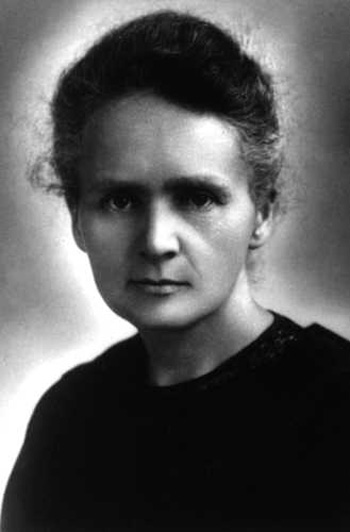
Marie Curie was the first to honor the two Nobel Prizes in two different fields, chemistry and physics. In 1903, she and her husband Pierre Curie and Henri Becquerel were awarded the Nobel Prize in physics for radiation studies.
During World War I, portable X-ray devices treating wounded soldiers at the battlefield were produced based on Marie Curie's research.
2. Albert Einstein
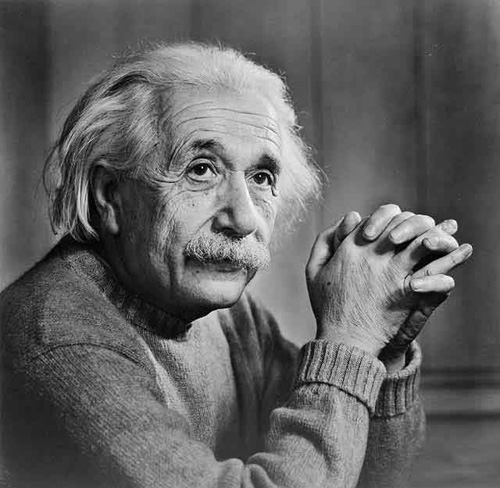
In 1921, the greatest scientist of the 20th century won the Nobel Prize for Physics by discovering the photoelectric effect - the phenomenon of electrons stripping out of the illuminated metal.
Normally, electrons orbit the atomic nucleus. When 'colliding' with light of the right frequency, the electron absorbs the energy of the photon and then bounces off the metal atom. Einstein's discovery paved the way for areas such as television, radio, . to develop, laying the foundations for modern physics.
3. International Committee of Red Cross

The International Committee of the Red Cross or the International Committee of the Red Cross - ICRC for short, is part of the Red Cross Movement - an international red crescent was founded in 1863. It has headquarters in Geneva, acting independently and neutral with the goal of providing humanitarian assistance to those affected by armed violence, promoting legislation to protect victims of war and natural disasters.
During world wars, ICRC performed many charitable and humanitarian jobs, helped arrange prisoner exchanges, visited prisoner-of-war camps to ensure humane treatment . ICRC was awarded the Nobel Peace Prize in 1917, 1944 and 1963.
4. Alexander Fleming, Ernst Chain and Howard Florey
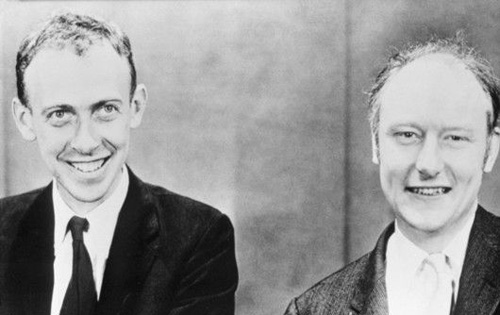
In 1945, Alexander Fleming, a Scottish scientist with Australian pathologist Howard Walter Florey and British biochemist Ernst Boris Chain, was awarded the Nobel Prize for medicine for discovering the antibiotic Penicillium notatum, precursor of modern Penicillin antibiotics.
This discovery has changed the health industry forever because antibiotics are drugs that cure many diseases such as necrosis, tuberculosis, syphilis and many other forms of infection.
5. Mother Teresa
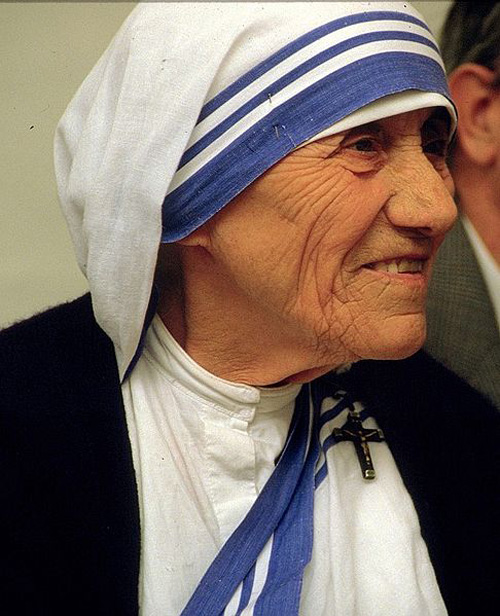
Mother Teresa, her real name is Agnes Gonxhe Bojaxhiu, a Roman Catholic nun. In 1950, she founded the Missionaries of Charity in Calcutta, India. For over 40 years, she has taken care of the poor, orphans, lost people, sick people and fulfilled the mission of evangelizing throughout the territory of India and many other countries.
In 1979, she was awarded the Nobel Peace Prize. After that, she continued to run over 600 missions in 123 countries. In 1997 Mother Teresa passed away and was blessed by Pope John Paul II.
6. Ivan Petrovich Pavlov
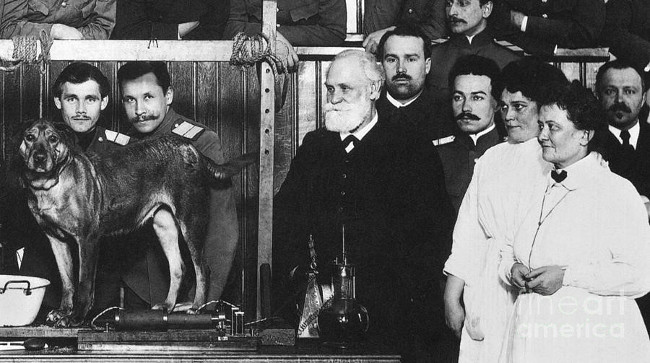
Ivan Petrovich Pavlov, a Russian physiologist, psychologist and physician, academician of the Academy of Sciences of Peterburg. His research on the digestive system was awarded the Nobel Prize in Physiology and Medicine in 1904.
By observing the gastric juvenile dog, he learned about the stomach function of this animal. After that, he analyzed the gastric juice and their reflexes under various conditions. The results show that the dog's gastric juice will produce more when there is food. This is the premise for Pavlov to make the law of conditioned reflexes.
7. Martin Luther King
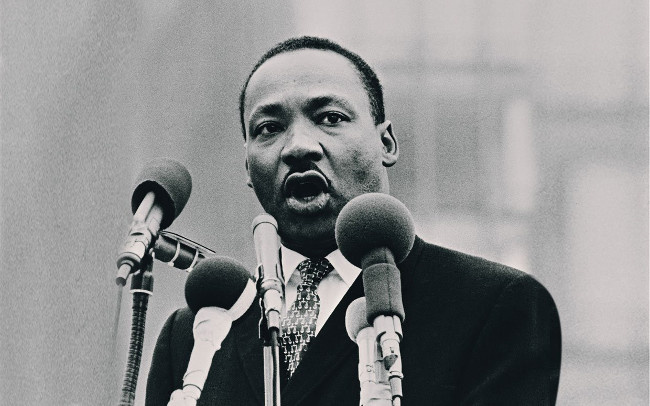
Martin Luther King is a Baptist pastor and a famous African-American civil rights activist. He is the leader of the movement for equal rights for black people, workers in factories and many other people in society. Many people around the world admire him as a hero, a pacifist and a martyr.
In 1964, Martin Luther King was awarded the Nobel Peace Prize.
8. Crick, Watson and Wilkins
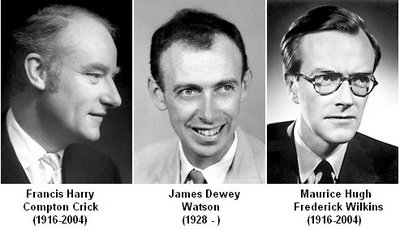
In 1962, American scientist James Watson and two British scientists Francis Crick and Maurice Wilkins won the Nobel Prize in Medicine for their work on the structure and significance of Deoxyribo Nucleic Acid (DNA) and its implications. weight of DNA in the transfer of information in living matter.
9. Hermann Muller
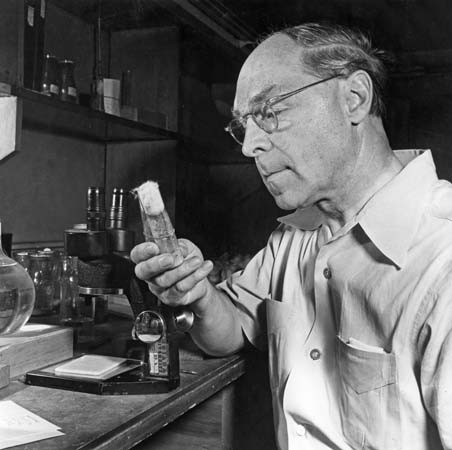
Hermann Muller, an American scientist was awarded the 1946 Nobel Prize in Biology and Medicine by proving the link between harmful radiation and mutations, which could lead to death.
His discovery helped the international community realize the serious consequences of two atomic bombings on Hiroshima and Nagasaki in Japan. He spent most of his life researching and promoting the campaign against nuclear proliferation.
You should read it
- ★ Ig Nobel: Die laughing with the most silly inventions of 2016
- ★ The 2017 Nobel Prize for Medicine is awarded to 3 scientists
- ★ The 2017 Nobel Prize for Physics was awarded to research on gravitational waves
- ★ Elon Musk is nominated for the 2024 Nobel Peace Prize
- ★ Three-dimensional molecular biology technique, the foundation for 'dormant' technology of the future to win the Nobel Prize in Chemistry